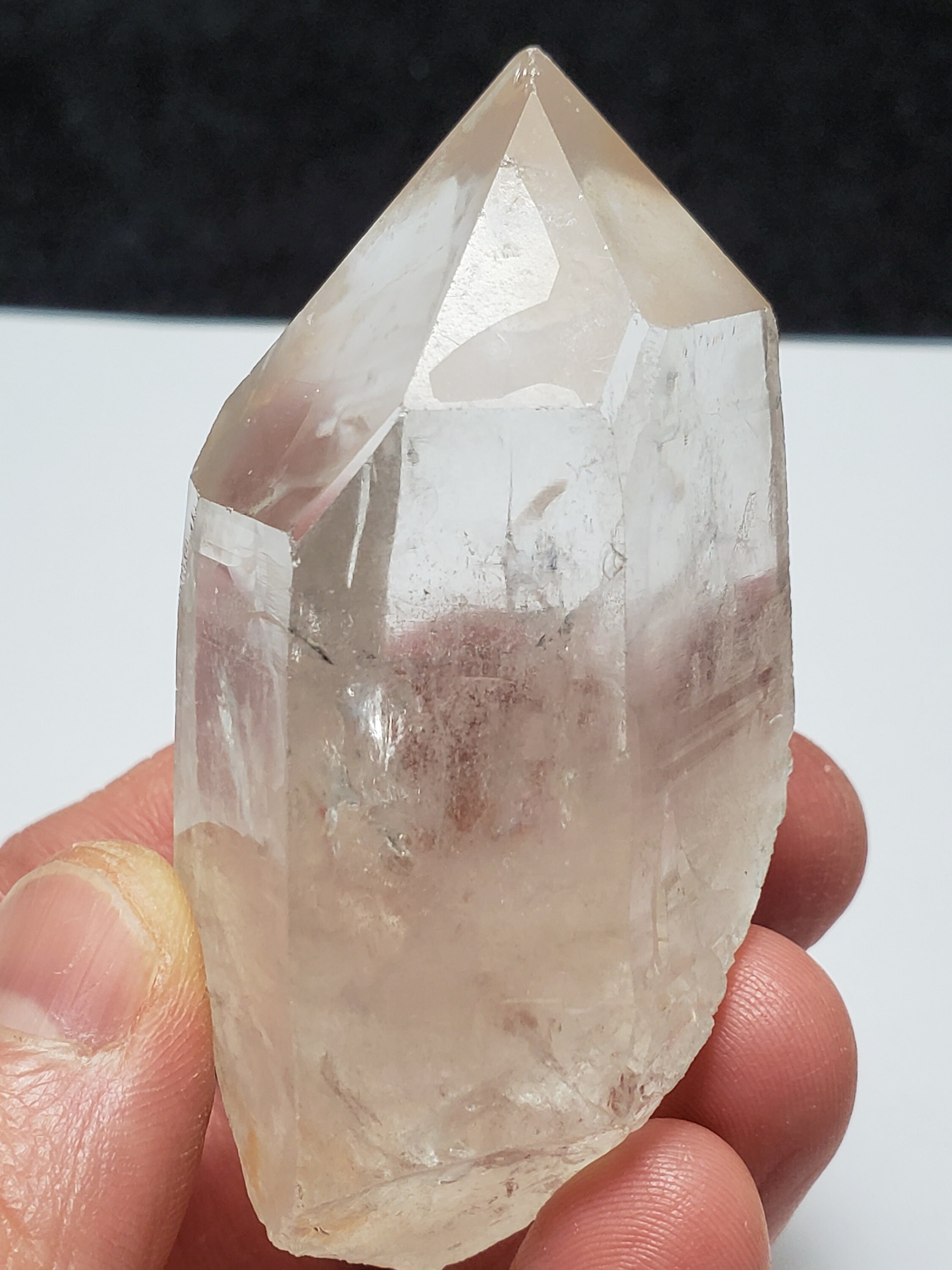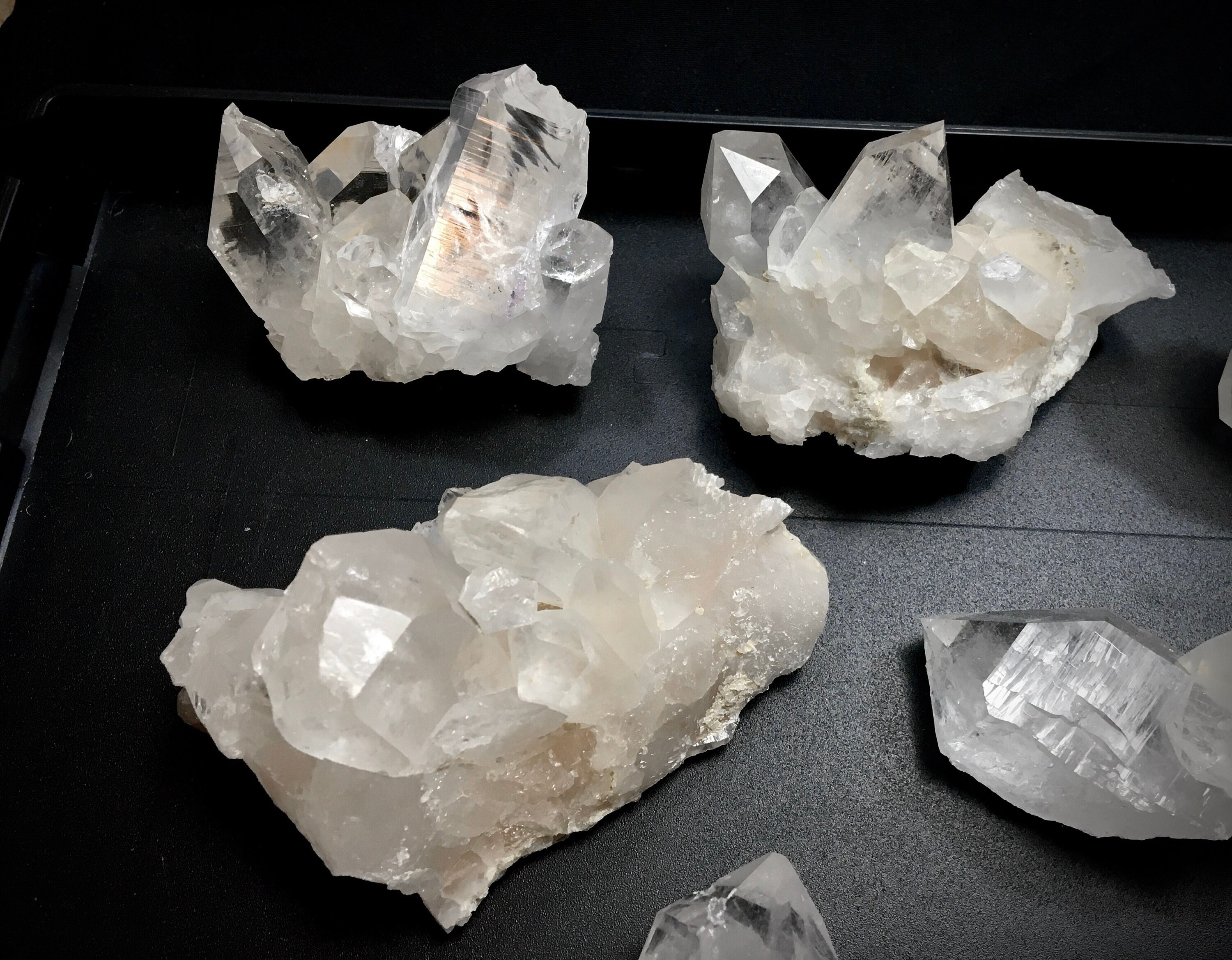

Since slabs are created by combining ground-up quartz, resin and dye, it is not uncommon to notice certain areas where more resin or dye are more concentrated, creating an uneven overall look.

While there are more than a handful of trusted companies, some of the cheaper products may come with imperfections, like color pooling and resin pooling. The assurance provided by the company does come with a higher price tag, but it also offers shoppers peace of mind. This is largely thanks to their high quality of materials and their warranties. Trusted names in the manufacturers industry, like Caesarstone, have been perfecting their slab manufacturing techniques for decades, and have the reputation for being the best on the market. It’s important to note, however, that not all of them are the same. Since quartz has gained its popularity in homes around the world, there has been a steady increase of slab manufacturers to meet the demand. There is often a direct correlation between the quality of a product and its price, and this remains true when you are shopping for quartz countertops. Quartz with veining similar to that of Carrara and Calacatta marble will often be in the $75 or higher price point range, and is a great alternative to the softer, natural stone. Or, this price point may offer color options such as red and blue. The $55 to $65 range stone will provide some more color options, and the slabs may have consistent speckles throughout. The quartz slabs available in the $45 to $55 range are typically plain in color, and offer little to no speckling or veining. With many brands available through fabricators today, you will most often encounter Caesarstone, Silestone, and Cambria, all of which will have material available at the cost mentioned above. Note that countertop edges and cutouts can also have an impact on that price. Our easy to use countertop estimator will help create the quote for your project. When budgeting for a quartz countertop, you can expect to spend anywhere between $45 and $75 per square foot for installed material. There are plenty of other contributing factors that greatly influence price, such as country of origin, so we will be breaking down the basics below.

Manufacturers tend to use different techniques when producing quartz slabs, and this factor alone is enough to drive the prices higher. Quartz countertop costs are driven by many factors, with the largest being the manufacturer. However, when shopping for quartz you will quickly notice large price deviations between the seemingly similar products. While granite countertops and other natural stones are known for their beauty, quartz can manage to mimic the appearance of those stones in many cases. There are many advantages to selecting quartz, such as endless color and pattern variations from dozens of manufacturers, easy cleaning, and scratch-and-stain-resistance. Unlike natural stones, quartz is engineered, which makes it non-porous.
Quartzcrystal cost upgrade#
Quartz has become an increasingly popular countertop option for homeowners looking to upgrade to durable, maintenance-free stones.


 0 kommentar(er)
0 kommentar(er)
